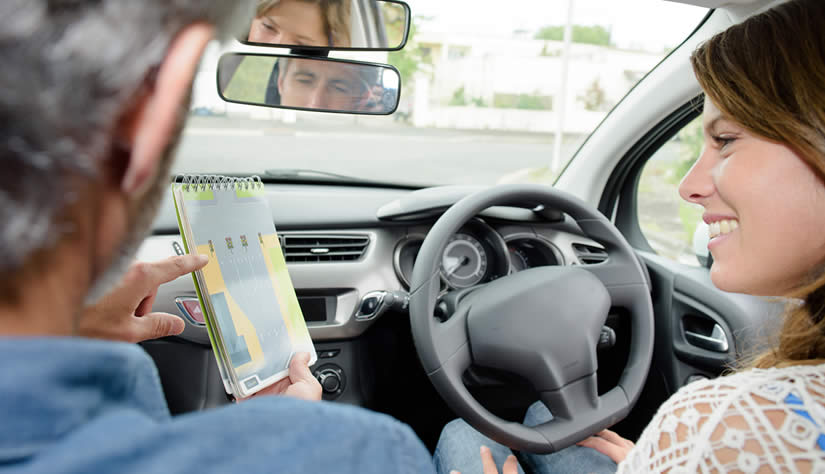How Many Driving Lessons do you Need to Pass Your Test?
You probably want to know how many driving lessons you’ll need to pass the driving test so that you can budget accordingly. As each individuals driving ability varies, so there’s no specific answer to this. We can however help answer this question by using an estimation on the average amount of driving lessons required and by taking other factors into account.
How Many Driving Lessons do you Need to Pass the Test?
Based on our experience, with learner drivers who are committed to learning, have regular lessons and who learn how to drive reasonably quickly, the realistic average number of driving lessons required, based on age is as follows:
| Age | Average Number of Lessons |
|---|---|
| 17 - 25 | 28 - 36 Hours |
| 26 - 34 | 32 - 40 Hours |
| 35 - 44 | 36 - 48 Hours |
| 45 - 54 | 45 - 56 Hours |
| 55+ | 50 - 68+ Hours |
There are many factors that dictate how many driving lessons you’ll need. The main factors that determine the amount of lessons you’ll require are as follows:
Natural ability
Some people are naturally better at driving than others. Cognitive function is an individuals mental ability to learn, think, reason, remember, solve problems, make decisions and to maintain attention. All of these functions and abilities are a requirement for driving. Our level of cognitive function determines how quickly we will learn driving to a safe standard and ultimately, how many driving lessons we will need.
Visuospatial Skills
Visuospatial skills are what we need when judging distances when for example, parking or passing parked vehicles. It’s the ability to analyse objects in relation to the car we’re driving. Spatial awareness is a natural skill that can be enhanced and improved by taking more driving lessons.
Age
Our age affects our cognitive function, in particular our memory, processing speed and problem solving abilities often decrease with age. Spatial awareness is also affected by age. As we age, we tend to need more driving lessons.
Confidence
Your natural levels of confidence can help determine how quickly you learn to drive. Too much or too little confidence is likely to be detrimental.
Manual or Automatic
Learning to drive in an automatic car means you’ll not be spending lessons learning about clutch control and gear changing. Those that opt for automatic may benefit significantly in requiring fewer driving lessons needed to reach test standard.
Quality of Driving Instructor
It’s important that you use a driving instructor who comfortable with and who’s teaching methods you clearly understand. A good driving instructor should teach at a speed that you feel comfortable with; to not hold you back, or push you beyond your abilities.
Assessment
To gain a more accurate indication of how many driving lessons you’ll need, take an assessment driving lesson. An experienced driving instructor can determine quite accurately how many lessons they think you’ll need from this assessment lesson alone.
